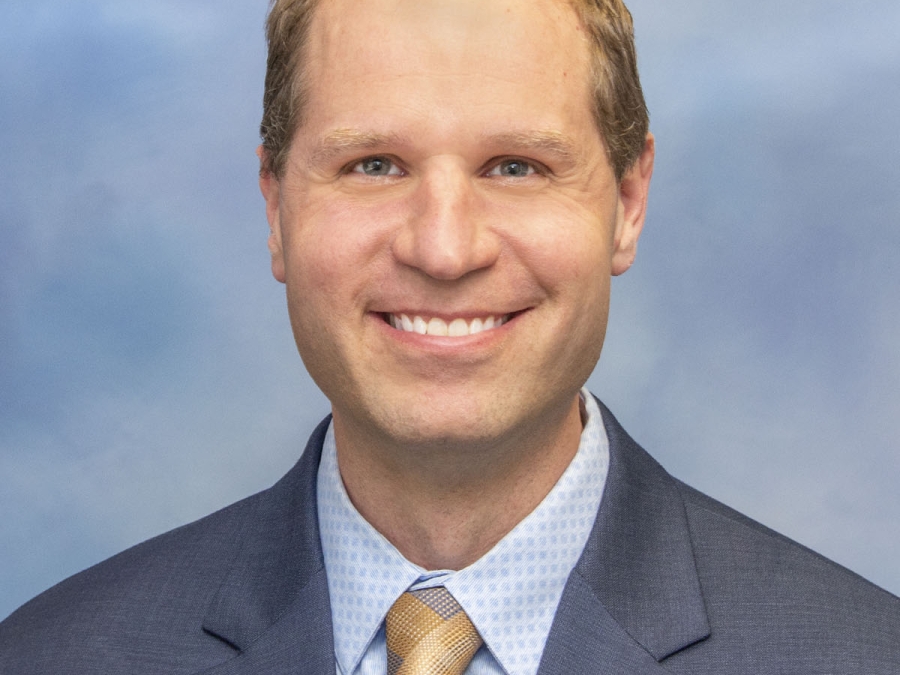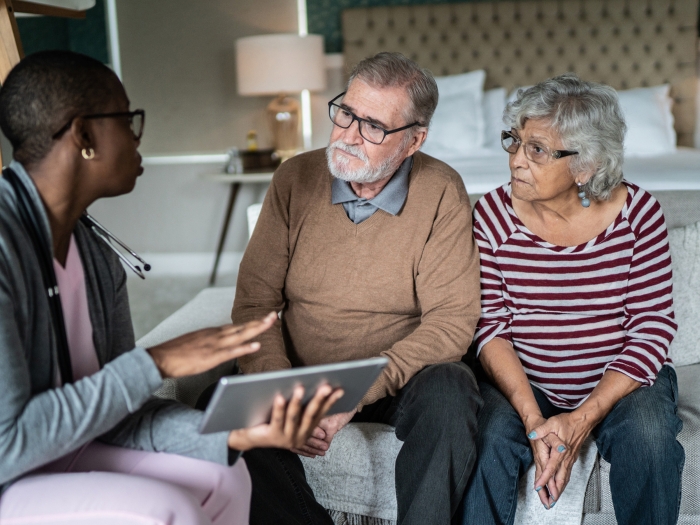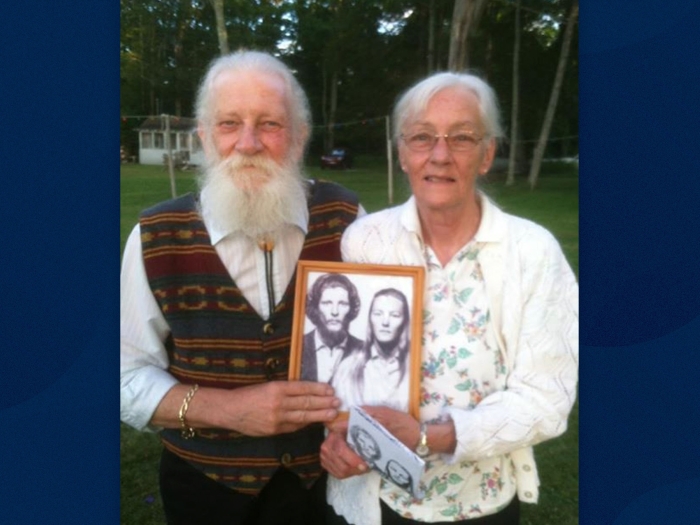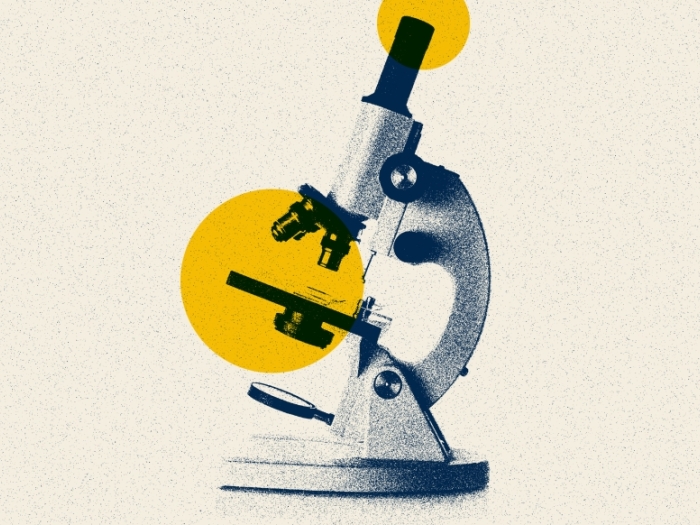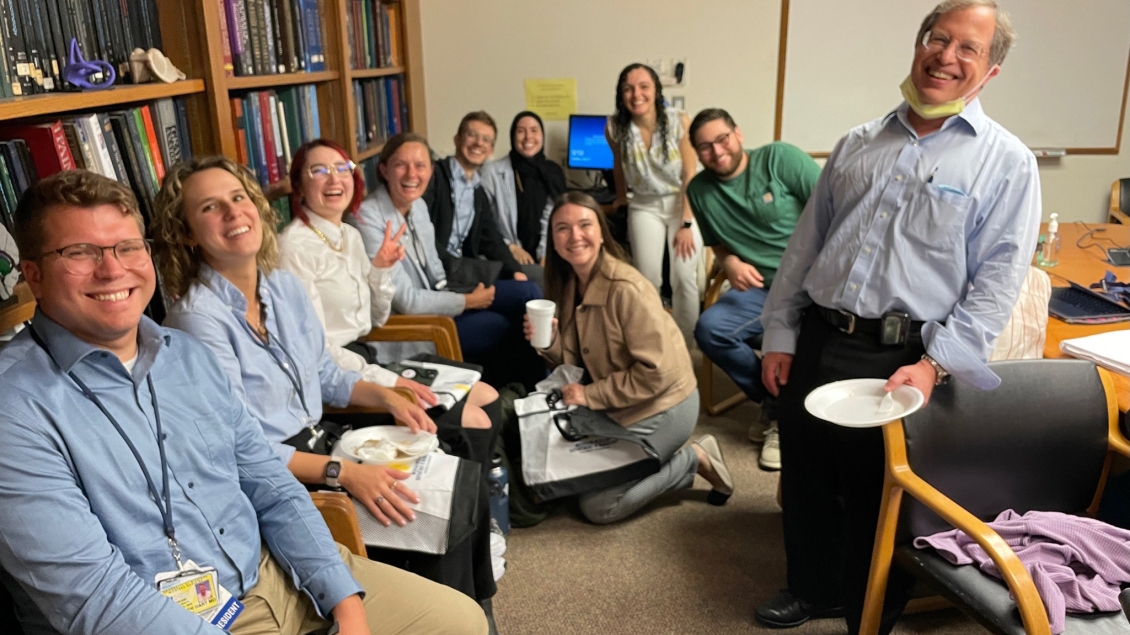
A Century of Cutting-Edge Neurological Training
Lead the next generation of Neurology innovators and physicians with a spectrum of educational opportunities and a 100+ history of excellence.
The U-M Medical School Department of Neurology is a hub for academic and clinical excellence, wellness-minded practices, and a long tradition of leading the Neurology field. Explore the opportunities we provide for education and training across a spectrum of learners.
Medical Student Programs
The neurology clerkship program is a required four-week experience in the second year of medical school. The goal is to teach students the principles and skills underlying the recognition and management of neurological diseases that a general medical practitioner is most likely to encounter in practice.
Residency
Each year we welcome six residents to join our residency program. At the University of Michigan, we share a passion for teaching and mentorship and a commitment to diversity. This experience at the University of Michigan will prepare you to be an educator and a leader in our healthcare community.
Fellowship Programs
We offer post-residency clinical training in nine major subspecialty areas. Our epilepsy, neuromuscular disease, sleep medicine, and stroke fellowships are ACGME-accredited, and headache, neuro-oncology, and neurocritical care fellowships are UCNS-accredited.
Research Training Opportunities
Supported by training grants from the NIH, our research training programs provide additional training for a career in clinical or basic research following their residency. Our programs provide the necessary infrastructure and formal training to promote your success.
Michigan Medicine is located in Ann Arbor, Michigan, a place truly as special as our programs. Explore what it’s like to live, learn and grow here, year-round with videos, transportation information, local guides, festival listings, housing and recreation resources and more.
We share a passion for teaching and mentorship, and a commitment to diversity. Our goal is not just to help you develop critical thinking skills in medical decision-making; we also aim to foster the desire to explore areas of interest and ask new questions. Your experience at Michigan will afford you many opportunities, and prepare you to be an educator and a leader in our health care community.
